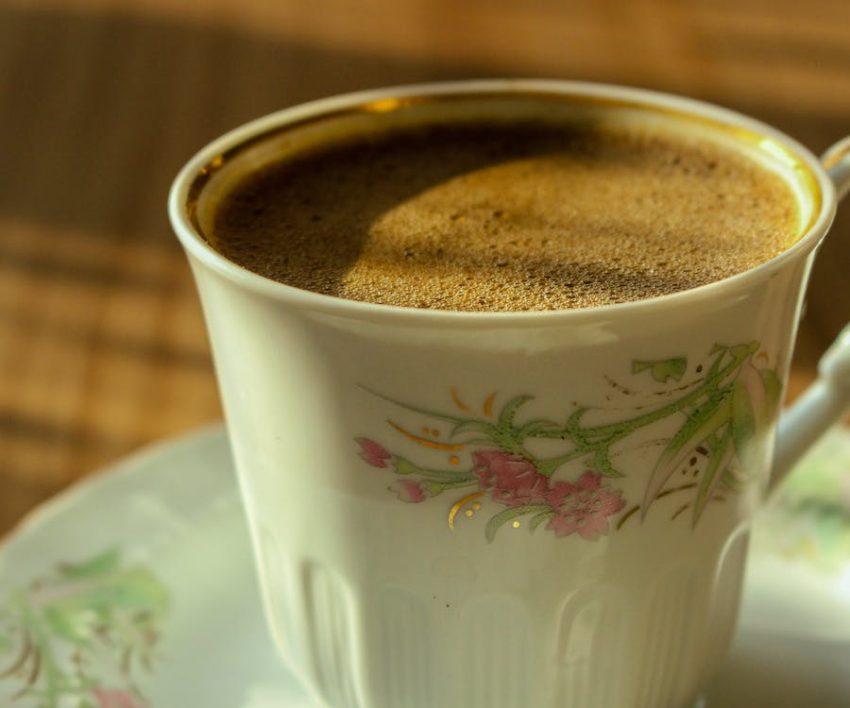
PICTURE: PEXELS
Coffee has long been a go-to morning beverage for millions of people around the world. The energising effects of a cup of joe are undeniable, but is it purely a physiological response or could there be a hint of placebo effect involved? In this article, we will explore the science behind whether drinking coffee in the morning is truly an energy booster or merely a placebo.
Coffee contains caffeine, a stimulant that affects the central nervous system. When consumed, caffeine blocks the adenosine receptors in the brain, which leads to increased alertness and a reduction in fatigue, according to How Stuff Works. This mechanism contributes to the perception of increased energy levels. It’s also possible that caffeine consumption can enhance cognitive performance and improve mood.
While the physiological effects of caffeine are well-documented, there may also be a psychological component to the perceived energy boost from coffee. According to Medical News Today, the ritual of preparing and consuming coffee can create a conditioned response, where the brain associates the act of drinking coffee with increased alertness and productivity. This conditioning may amplify the perceived effects of caffeine, leading individuals to believe that their morning cup of coffee is providing a substantial energy boost.
The energy-boosting properties of coffee in the morning are not merely a placebo effect. The presence of caffeine in coffee has a scientifically proven stimulant effect on the body, enhancing alertness and reducing fatigue. However, the ritual and psychological conditioning associated with coffee consumption may amplify its perceived benefits, further enhancing the overall experience.
Also see: Best probiotics for bloating and gas




